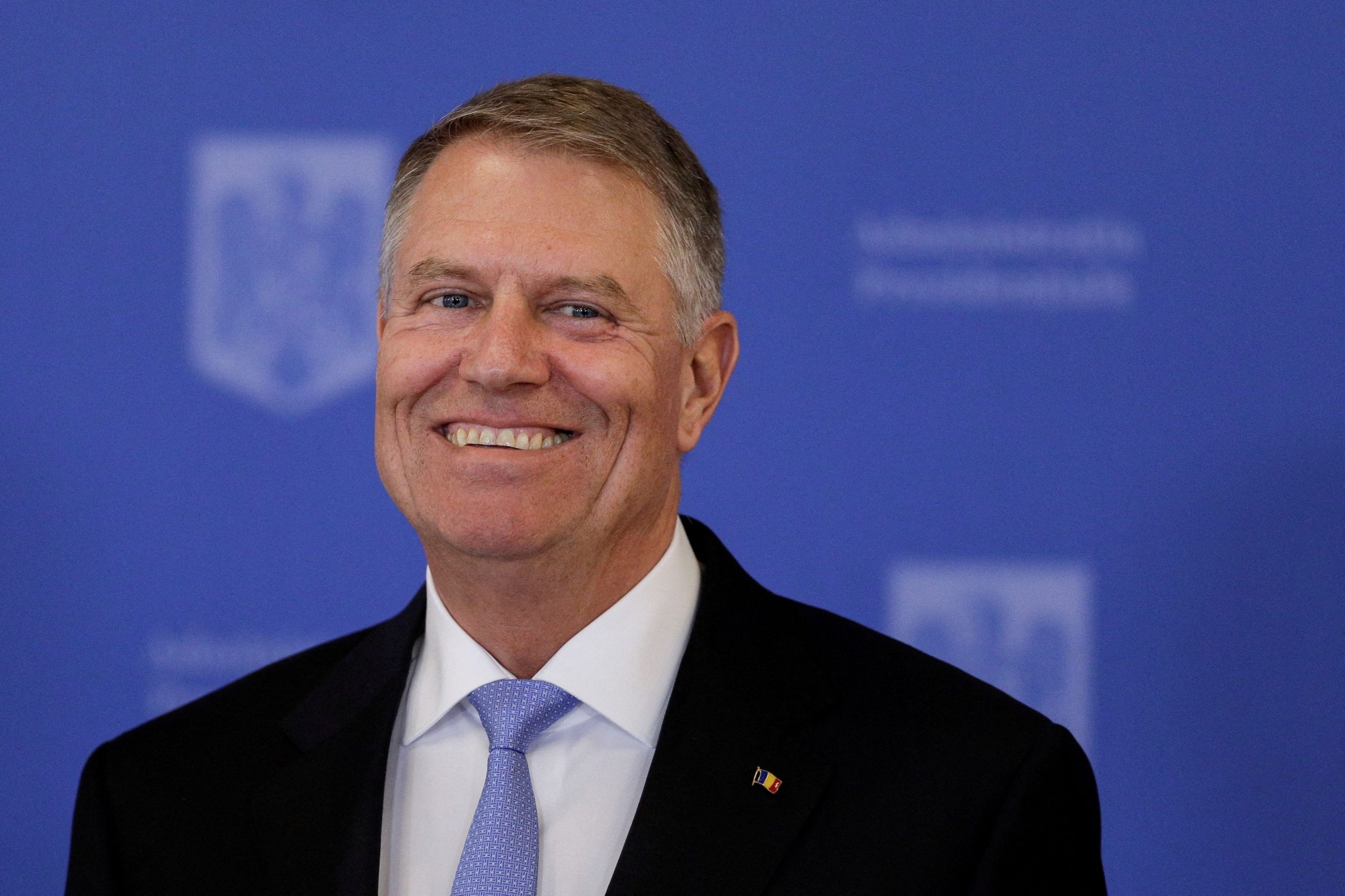Romanian President Klaus Iohannis announced his resignation on Monday following the initiation of impeachment proceedings against him, driven by public outrage over the cancellation of last year’s presidential election.
The country’s top court had annulled the December vote after allegations of Russian interference emerged, disrupting an election in which a little-known far-right candidate won the first round.
Facing mounting pressure, Iohannis—a pro-European leader—had previously stated his intention to remain in office until a new election in May. However, on Monday, lawmakers moved forward with impeachment efforts after two prior attempts by the opposition.
“To spare Romania and its citizens from a crisis, I resign from the office of President of Romania,” Iohannis declared, adding that he would officially step down on Wednesday.
“In just a few days, Parliament will vote on my suspension, throwing Romania into political turmoil. This process will have consequences not only domestically but also internationally,” he warned during his address.
Iohannis maintained that he had “never violated the constitution.”
‘Victory’ for the far right
His resignation was celebrated by Romania’s far right, with hundreds of supporters rallying in Bucharest, where clashes with police erupted.
Calin Georgescu, who had won the first round of the annulled presidential election, called the resignation a “victory for the people of Romania.”
“It is now time to return to the rule of law and resume the second round of elections,” he wrote on X.
George Simion, leader of the far-right AUR party, echoed the sentiment, calling it a triumph for the people.
The far-right movement in Romania has gained unprecedented momentum, securing a third of the vote in the December parliamentary elections amid public discontent over rising inflation and concerns about Russia’s war in neighboring Ukraine.
Last month, tens of thousands joined far-right-led protests condemning the election cancellation, with some demanding Iohannis’s resignation. The president is expected to be temporarily replaced by Senate President and liberal leader Ilie Bolojan.
‘One less target’
Political analyst Radu Magdin noted that while Romania remains in a climate ripe for populist and anti-establishment rhetoric, Iohannis’s resignation removes a key focus for criticism.
“We are still in an era of strong populist appeal, but at least now there is one less target for that sentiment,” Magdin told AFP.
He also criticized Iohannis’s leadership, stating that while the president had a strong public image, he was largely absent from public affairs. “He promised an educated and normal Romania, but that vision was never realized,” Magdin added.
Election cancellations are rare within the European Union, and this decision plunged Romania into a political crisis. Georgescu labeled it a “formalized coup d’état.”
A fresh presidential election is now scheduled for May 4, with a potential runoff on May 18 if no candidate secures more than 50 percent of the vote.
Romania’s constitutional court cited intelligence reports detailing “aggressive Russian hybrid actions,” including cyberattacks and an extensive social media campaign promoting Georgescu ahead of the election.
Georgescu, who previously expressed admiration for Russian President Vladimir Putin and was critical of NATO, has since repositioned himself as an ardent supporter of former U.S. President Donald Trump. He denies any ties to Moscow.




